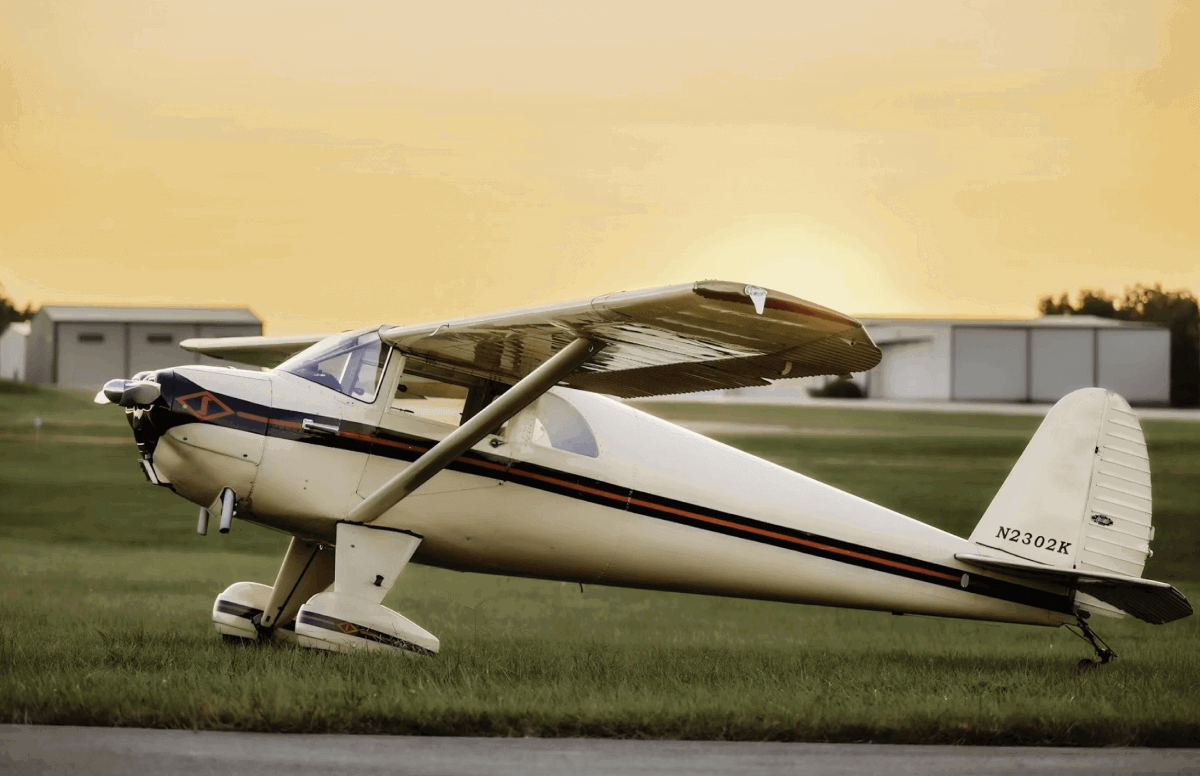
As pilots we know the deal. Even if you’re simply having good, legal fun and somebody decides to take offense, we might be in for an unhappy experience. If they lay eyes on our plane and can read the N-Number, well, you might be getting that phone call. But let’s face it, N-Numbers are so last millennium. These days the computers in your plane will do the job for John or Jane Q. Concerned Citizen, and they can do it even faster than a human squealer can punch numbers into his flip phone.
This has been an issue we’ve been reporting upon for a while. I reported on the FAA’s use of ADS-B data to violate pilots, and a feature story by Jeff Simon in our May issue went in depth about the way that ADS-B systems can and will broadcast our flights to the world unless you take extraordinary measures to stop them from doing that. For privacy advocates, there’s even worse news, unfortunately.
An editorial in a competing brand, AVweb, by editor-at-large Paul Bertorelli, discussed the reaction a previous AVweb story on the technology, as implemented by Cirrus Aircraft, received—it’s a good piece. The response from readers, the author said, was extremely heated, the most since a previous story about Icon’s privacy flub of several years ago raised the ire of readers in a similar fashion.
I get it. I hate invasions of my privacy, too. And flying is special. If it’s me, the plane and the sky, I don’t want Big Brother sending updates to the plane’s manufacturer on how precisely I set the mixture or how many times I might have bounced upon landing. (The second example is totally hypothetical, of course.)
But I wonder if we’re beyond that now. With ADS-B ratting us out to the FAA at a once-per-second rate and the feed of that data a public commodity, how much difference does it make if even more exact flight data is shared?
Well, it might matter a lot.
There are a couple of dark scenarios whereby the data could be used against the pilot (And let me make clear that this really is hypothetical when it comes to manufacturers.) First, the data could be used to void warranty claims. Anyone who has ever boosted the manifold pressure even slightly and ever so briefly into the red could be on the hook for that engine were it to fail to reach TBO for completely unrelated reasons. Same for airframe warranties if G loads are ever exceeded or the flight envelope is breached.
But an even more chilling and far more likely scenario is this: Insurance companies could offer discounts for customers who shared their data—this is common in the auto insurance world already—or they could deny insurance to anyone who declined to share the data. And if you do share your data with them, the first time you exceed the posted speed limit, so to speak, they could jack up your rates or cancel your coverage.
And there are many other equally or more frightening scenarios. Use your imagination, because data merchants are doing exactly that right now.
And this is all in addition to the basic sense that so many of us have—that our lives are our own and others should keep their noses out of our business. Drones spying on your backyard, Facebook selling your data instantaneously, the grocery store doing the same. It all rubs me the wrong way, and at the same time, I’ve stopped pretending I have much control over it.
That is, of course, unless I want to go off-grid, ditch the cellphone and fly exclusively in non-ADS-B-required airspace in, I don’t know, an old Super Cub, let’s say. Hold on. Where was I going with this?




